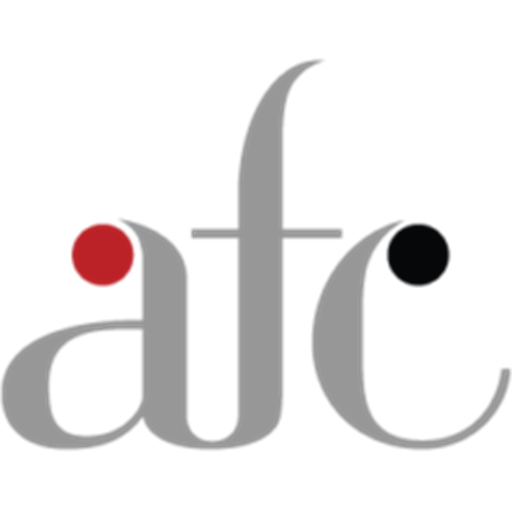Recently, British comedian John Oliver’s show Last Week Tonight put out a flooring (and very entertaining) look at the retirement industry. I spent Monday morning watching it after Sara shared it, and between nodding along with his points and laughing so hard I choked I decided that I needed to share it.
You can watch the video included, and I encourage it, but I also wanted to highlight some of the most important points.
First, Oliver asks what is a financial advisor? He answers actually, and technically – nothing. That title, along with financial analyst, financial consultant, investment consultant, or wealth manager does not actually indicate credentials. The only valid credential is whether your advisor is a fiduciary. I am.
Two, as Billy Eichner asks, “[What]…is a fiduciary?” Well, it means that I (as a fiduciary) am required by law to put your well-being first. I cannot receive commissions from brokers. Every few years I can be, and often am, audited to make sure that there isn’t anything going on that shouldn’t be – as is every one of my employees. It is the highest standard of care in the industry.
Finally, Oliver looks at fees. He compared fees to termites: they are tiny but they eat away at returns. In fact, a previous Department of Labor study found as many as 17 fees and costs being taken from 401Ks, and most of them were hidden so neither participant or sponsoring company realized they existed. Low returns could mean the employee participants may end with account balances at retirement that are up to half of what they might have been.
A quality 401k does provide a lot of other benefits that aren’t usually associated with your retirement plan in addition to returns: retaining skilled employees and tax deferrals are just two.
John Hancock responded saying that the plan Oliver was discussing was a start-up plan with $30,000 of assets. Read between the lines and it seems John Hancock is saying the plan is so small it loses money for John Hancock. While they claim there are no hidden fees, they did not say the costs were fully disclosed.
Now that you know, what’s your next step? Watch the video:
Then, I would start by contacting your advisor – or whoever works with you on your retirement plan – and asking two questions. First, if he or she is a fiduciary (now that you know what it is), and second, ask for their REAL returns, net of all fees. With these in hand, you can start to assess where your plan is at now, and make decisions about where you want it to be.

